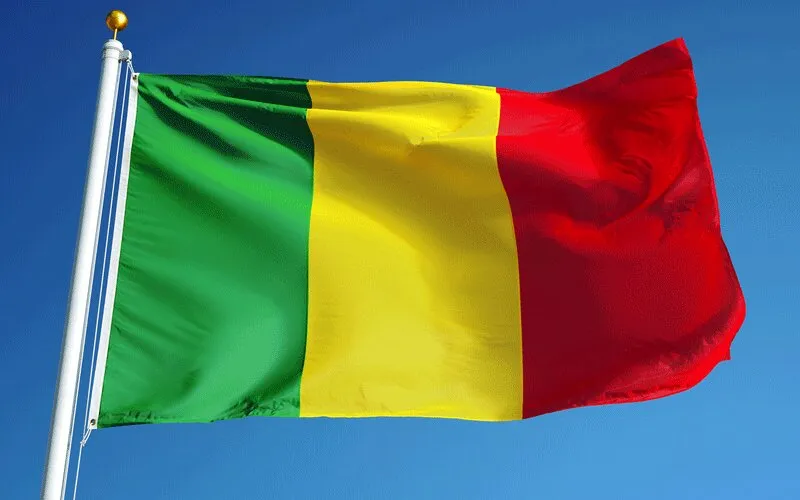Bamako, 06 November, 2020 / 7:30 pm (ACI Africa).
Jihadism that has bedeviled Mali is fueled by injustice, poverty and misery, a missionary Cleric ministering in the West African nation has said, noting that the way to fight the violence is to address the three challenges.
“Jihadism is fueled by injustice, poverty and misery. Thousands of unemployed young people look for hope, which they find in an extreme form of religiosity that leads them to take up arms against anyone who does not profess their faith,” Fr. Arvedo Godina has been quoted as saying in a November 4 report.
According to Fr. Arvedo who is a member of the Missionaries of Africa (White Fathers), while jihadism has “emerged in recent years,” the factors contributing to it “have their roots in history.”
The Cleric explains in the November 4 report, “10,000 boys and girls graduate each year. Of these, only a thousand can find work immediately. The other 9,000 remain unemployed. They keep applying for public positions; they struggle with a thousand jobs, but often without hope of recovery. Some emigrate. But nobody has concrete perspectives.”
According to Fr. Arvedo, the failure of the political leaders to respond to the needs of the population coupled with “widespread corruption” that has harbored the social and economic growth of the country, have made many young people desperate.








